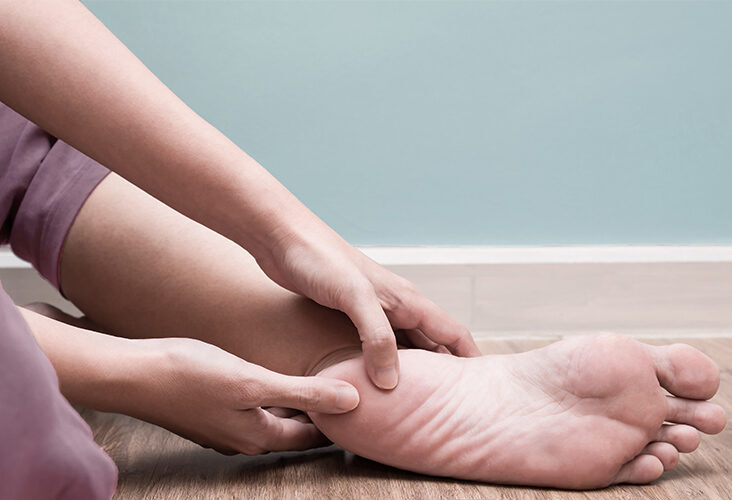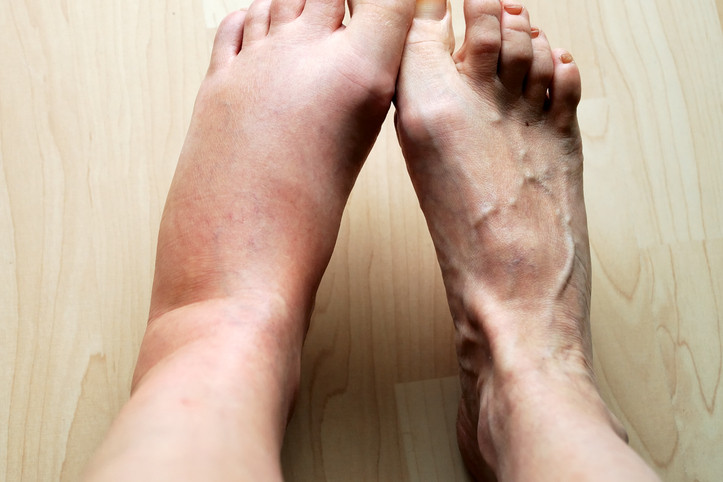Excessive weight is a common problem affecting most people in today’s society. Developing an exercise program and change in diet are the most advisable treatment options. Exercise and diet alone are not effective treatments for overweight people. They may require a surgical operation.
Dr. Titus Duncan in Atlanta, Georgia, is among the top bariatric surgeons found here, offering the best weight-loss surgery options.
Bariatrics with Dr. Titus Duncan
Dr. Titus Duncan is a renowned bariatric surgeon found at Peachtree Surgical & Bariatrics in Atlanta, Georgia. His experience teaching and lecturing about bariatric surgery worldwide makes him one of the best weight-loss surgeons in America. He is well respected among his peers at the American Society of Metabolic and Bariatric Surgery due to his pioneering work and experience in laparoscopic surgery.
What happens at Peachtree Surgical & Bariatrics
Peachtree Surgical & Bariatrics are trailblazers in laparoscopic bariatric surgery with procedures that include:
- Revision surgery
- Gastric sleeve
- Mini gastric bypass
- Lap-band surgery
Dr. Duncan and his team have the latest modern pre-and post-op diagnostic testing and rehabilitation facilities. Services include swallowing disorders such as Peroral Endoscopic Myotomy(POEM) and an outpatient reflux surgery for Gastroesophageal Reflux Disease(GERD).
The physicians work in close conjunction with patients during diagnosis to develop specific methods for treatment by their particular needs. The team consists of exceptionally trained physicians and bariatric surgeons supported by coordinators, nutritionists, nurses, and assistants.
Experienced physicians like Dr. Titus Duncan assist in educating and training surgeons through their bariatric surgery program.
The Peachtree Surgical and Bariatrics team offers convenient mobile services for long-distance patients.
Non-surgical methods for weight loss, such as Endoscopic Sleeve Gastroplasty, are also available. Bioidentical Hormone Therapy is also another medical weight loss program, especially for those who do not qualify for bariatric surgery.
What is bariatric surgery?
The digestive tract is adjusted through bariatric surgery, thus allowing less food consumption. The surgery, therefore, assists in weight loss. Bariatric surgery resolves conditions related to being overweight like:
- Heart disease
- High blood pressure
- Diabetes
- Joint pain
- Obstructive sleep apnea
Surgery with improved eating habits and lifestyle changes helps reduce death rates for severely obese patients.
When is bariatric surgery advisable?
A measure of height about weight is known as Body Mass Index (BMI)and defines levels of obesity which determines whether bariatric surgery is required.
You could suggest bariatric surgery when :
- BMI is 40 or more (extreme obesity)
- You have a BMI of 35-39, and you have weight-related severe problems like sleep apnea, high blood pressure, or type 2 diabetes.
Patients after bariatric surgery have to undergo a strict and lifelong diet and exercise program to avoid complications and not add weight after surgery.
Have you ever felt like you keep adding weight and your lifestyle changes or exercise programs are not quite working? Check out our website or call our offices in Atlanta. You could visit our Atlanta offices for further one-on-one services for more information.









